Understanding Egg Donation in Mexico
.jpg)
Welcome to this comprehensive guide on choosing an egg donor in Mexico! If you're considering egg donation as a path to parenthood, Mexico has emerged as a popular and often more affordable destination for fertility treatments. It can feel like a big decision, but with the right information, you can navigate the process confidently and make choices that feel right for you.
This guide aims to demystify the process, addressing all your crucial questions from legalities and costs to selecting the ideal donor and understanding the support available for international patients. We'll walk you through the essential steps and considerations, helping you feel prepared for this significant step in your family-building journey.
Why Consider Egg Donation in Mexico?
Mexico has become a leading destination for fertility tourism, particularly for egg donation, attracting patients from around the globe, especially from the United States and Canada. Several factors contribute to its popularity, making it an attractive option for those seeking assisted reproductive technologies.
Firstly, the cost of egg donation cycles in Mexico is often significantly lower than in many Western countries, without compromising on the quality of care or technology. Many clinics in major cities like Cancun, Mexico City, and Guadalajara boast state-of-the-art facilities, modern equipment, and highly skilled specialists who have trained internationally.
This blend of quality and affordability provides a compelling reason for prospective parents to look south of the border. Secondly, Mexico's legal framework for reproductive medicine is generally supportive of egg donation, often allowing for anonymous donation, which can broaden the donor pool and simplify the process for some intended parents.
What are the Legal Requirements for Egg Donation in Mexico?
Understanding the legal landscape is a critical step when considering egg donation in Mexico. While there isn't one federal law governing all aspects of assisted reproduction across the entire country, specific states have regulations that permit and define egg donation. This means that the exact legal requirements can differ depending on the state where your chosen clinic is located.
Generally, Mexican law supports the concept of anonymous egg donation, where the identities of the donor and recipient are kept confidential. This provides a level of privacy that many intended parents appreciate.
Clinics will typically have comprehensive contracts in place that outline the rights and responsibilities of the donor, the intended parents, and the clinic itself. These contracts are designed to protect all parties and ensure legal clarity regarding parental rights.
It is highly recommended to seek legal counsel specializing in international family law or reproductive law to fully understand the implications and ensure a smooth legal process, especially if you are an international patient.
How Do I Find Reputable Fertility Clinics in Mexico?
Finding a trustworthy and competent fertility clinic is paramount to a successful egg donation journey. With many clinics available, especially in popular medical tourism hubs, careful research is essential. Begin by looking for clinics that have international accreditations or affiliations, as this often indicates adherence to global standards of care and quality. Organizations like the American Society for Reproductive Medicine (ASRM) or similar international bodies can be good indicators of a clinic's commitment to excellence.
Once you have a list of potential clinics, delve deeper into their specific programs and statistics. Inquire about their success rates for egg donation cycles, keeping in mind that these can be influenced by various factors.
Ask for patient testimonials or seek out online reviews on independent forums and social media groups. Pay close attention to the qualifications and experience of the reproductive endocrinologists, embryologists, and support staff.
A reputable clinic will be transparent about its procedures, costs, and ethical guidelines, and its staff should communicate clearly and responsively, especially with international patients who may have language barriers or be managing care remotely.
What Criteria Should I Use When Reviewing Egg Donor Profiles?
Selecting an egg donor is a deeply personal process, and clinics in Mexico typically provide comprehensive profiles to help you make an informed decision. These profiles aim to offer a holistic view of the donor, allowing you to connect with her on multiple levels beyond just medical suitability. Begin by considering the donor's physical characteristics, such as height, weight, hair color, and eye color, if these are important to you for genetic resemblance.
Beyond physical traits, look at their educational background, professional aspirations, hobbies, and personality traits. Some intended parents find it comforting to choose a donor who shares similar interests or values.
Crucially, pay close attention to the donor's family medical history, ensuring there are no significant hereditary conditions that concern you. The clinic will also provide information on the donor's medical screening results, which confirm their fertility health and absence of infectious diseases.
Lastly, many clinics include psychological evaluations, ensuring the donor is emotionally stable and fully understands the implications of her decision. Trust your instincts and choose a donor whose profile resonates with you and your vision of parenthood.
What is the Cost of Egg Donation in Mexico?
One of the primary reasons intended parents consider Mexico for egg donation is the significant cost savings compared to other countries. While prices can vary based on the clinic, the specifics of the cycle, and included services, the overall cost remains highly competitive.
The typical range for a comprehensive egg donation cycle, including donor compensation, medical screenings, medications for the donor, the egg retrieval procedure, and clinic fees, generally falls between $8,000 and $15,000 USD.
It's important to get a detailed breakdown of all costs from your chosen clinic. Some clinics offer package deals that might include additional services like embryo freezing, transfer fees, or even initial consultations.
However, you should also account for potential additional expenses such as recipient medications, travel costs (flights, accommodation, local transport), and any legal fees if you choose to consult an attorney. Always clarify what is and isn't included in the quoted price to avoid any surprises. Many clinics provide clear, upfront pricing, and some even offer financing options.
How is the Egg Donor Screening Process Conducted in Mexico?
The integrity of the egg donation process heavily relies on a thorough screening of potential donors, and reputable clinics in Mexico adhere to strict protocols. This comprehensive screening process is designed to ensure the donor's physical and mental health, genetic suitability, and her full understanding of the commitment she is making. It typically begins with a detailed medical history review, including personal and family health information, to identify any hereditary conditions or potential risks.
Following this, donors undergo extensive medical evaluations. These include:
- Physical Examination: A general health check-up.
- Hormonal Blood Tests: To assess ovarian reserve and overall fertility health.
- Genetic Testing: Screening for common genetic disorders like cystic fibrosis, spinal muscular atrophy, and others, depending on the clinic's panel.
- Infectious Disease Screening: Tests for HIV, Hepatitis B and C, syphilis, gonorrhea, chlamydia, and other communicable diseases.
- Ultrasound Examinations: To evaluate uterine and ovarian health.
In addition to medical tests, psychological screening is a crucial component. A qualified psychologist or counselor assesses the donor's mental health, motivation, and ability to cope with the process, ensuring she is making an informed decision without coercion. This multi-faceted screening process is fundamental to the safety and success of the egg donation cycle.
Can I Choose an Anonymous or Known Egg Donor in Mexico?
The choice between an anonymous and a known egg donor is a significant consideration for many intended parents. In Mexico, the prevailing model for egg donation is anonymous. This means that the identity of the donor is not revealed to the intended parents, and vice versa. Clinics maintain strict confidentiality regarding personal information, and communication between parties is generally facilitated through the clinic, if at all.
For many, anonymous donation offers a level of simplicity and privacy that is preferred. It can simplify legal agreements and reduce potential complexities in the future. However, some intended parents may wish for their child to have the option to know their genetic origins later in life, or they may have a relative or friend who wishes to be a donor.
While less common, known donation—where the donor's identity is known to the intended parents—is sometimes possible in Mexico. This typically requires a more complex legal framework and specific agreements drafted by attorneys for both parties.
It's essential to discuss your preferences with your chosen clinic early in the process to understand their specific policies and any legal requirements for either anonymous or known donation.
What Support Services are Available for International Patients in Mexico?
Recognizing the unique needs of patients traveling from abroad, many Mexican fertility clinics have developed robust support systems designed to make the experience as smooth and stress-free as possible. These services aim to alleviate the logistical challenges that can arise when seeking medical care in another country, allowing you to focus on your fertility journey.
Common support services include:
- Patient Coordinators: Dedicated staff members who speak English (and often other languages) and serve as your main point of contact, assisting with scheduling, answering questions, and coordinating appointments.
- Travel and Accommodation Assistance: Clinics often have partnerships with local hotels or transportation services and can help arrange airport transfers, hotel bookings, and sometimes even local sightseeing recommendations.
- Translation Services: While many medical staff are bilingual, clinics can provide professional translation services for medical consultations, paperwork, and other interactions to ensure complete understanding.
- Concierge Services: Some clinics offer higher-level concierge support, helping with everything from dining reservations to local errands, making your stay more comfortable.
These services are invaluable for international patients, providing peace of mind and ensuring a seamless experience from your arrival in Mexico to your departure.
Are There Specific Medical Tourism Considerations for Fertility Treatments in Mexico?
Engaging in fertility treatments as part of medical tourism in Mexico comes with several important considerations beyond just the medical procedure itself. While the quality of care can be excellent, it's vital to prepare for the unique aspects of receiving treatment abroad.
One primary concern is ensuring the legal recognition of parentage in your home country. Different countries have varying laws regarding children born through assisted reproduction, especially when involving international egg donation. Consulting with a lawyer specializing in international family law is highly recommended to ensure the legal process is seamless upon your return.
Another key consideration involves travel logistics. You'll need to plan for sufficient time in Mexico for the various stages of treatment, which might include multiple visits or an extended stay for the embryo transfer.
This involves securing passports, visas (if necessary), and understanding local transportation. Additionally, consider the cultural differences and language barriers, although many clinics cater to English-speaking patients.
It's also wise to research travel insurance that covers medical tourism and potential unforeseen circumstances. By thoroughly planning these aspects, you can minimize stress and maximize the chances of a positive experience.
What are the Success Rates for Egg Donation in Mexico?
When considering egg donation, success rates are a crucial metric for intended parents. The good news is that reputable fertility clinics in Mexico typically report success rates for egg donation cycles that are very competitive with those found in top clinics globally. These rates often fall within the range of 60% to 80% for a live birth per embryo transfer, particularly when using fresh donor eggs and healthy embryos.
It's important to understand that success rates can be influenced by several factors, including:
- Recipient's Age and Health: While the donor's age is a primary factor in egg quality, the recipient's uterine health and overall medical condition also play a role.
- Clinic's Expertise: The experience of the clinic's embryology lab and the skill of the medical team in managing donor cycles and embryo transfers significantly impact outcomes.
- Number and Quality of Embryos Transferred: Transferring genetically healthy embryos generally yields higher success rates.
- Specific Protocol Used: Different clinics may employ slightly varied protocols, which can affect individual outcomes.
Always ask clinics for their specific, transparent success rates for egg donation cycles, and understand how they compile their data. This will help you make an informed decision and set realistic expectations for your fertility journey.
If you're exploring options for medical tourism, healthcare services, or fertility solutions, PlacidWay can connect you with leading clinics and specialists worldwide to help you achieve your healthcare goals.


.png)


.png)
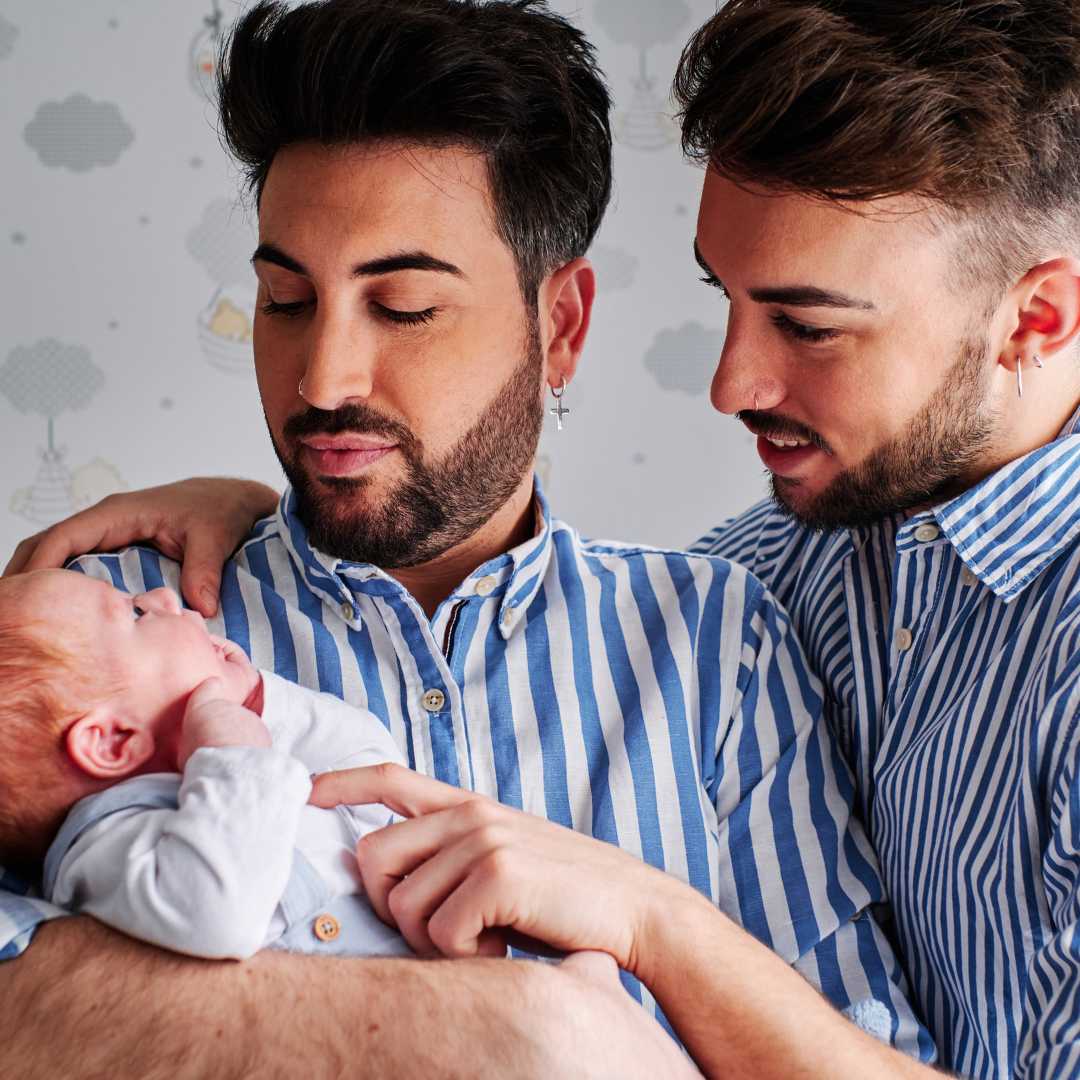
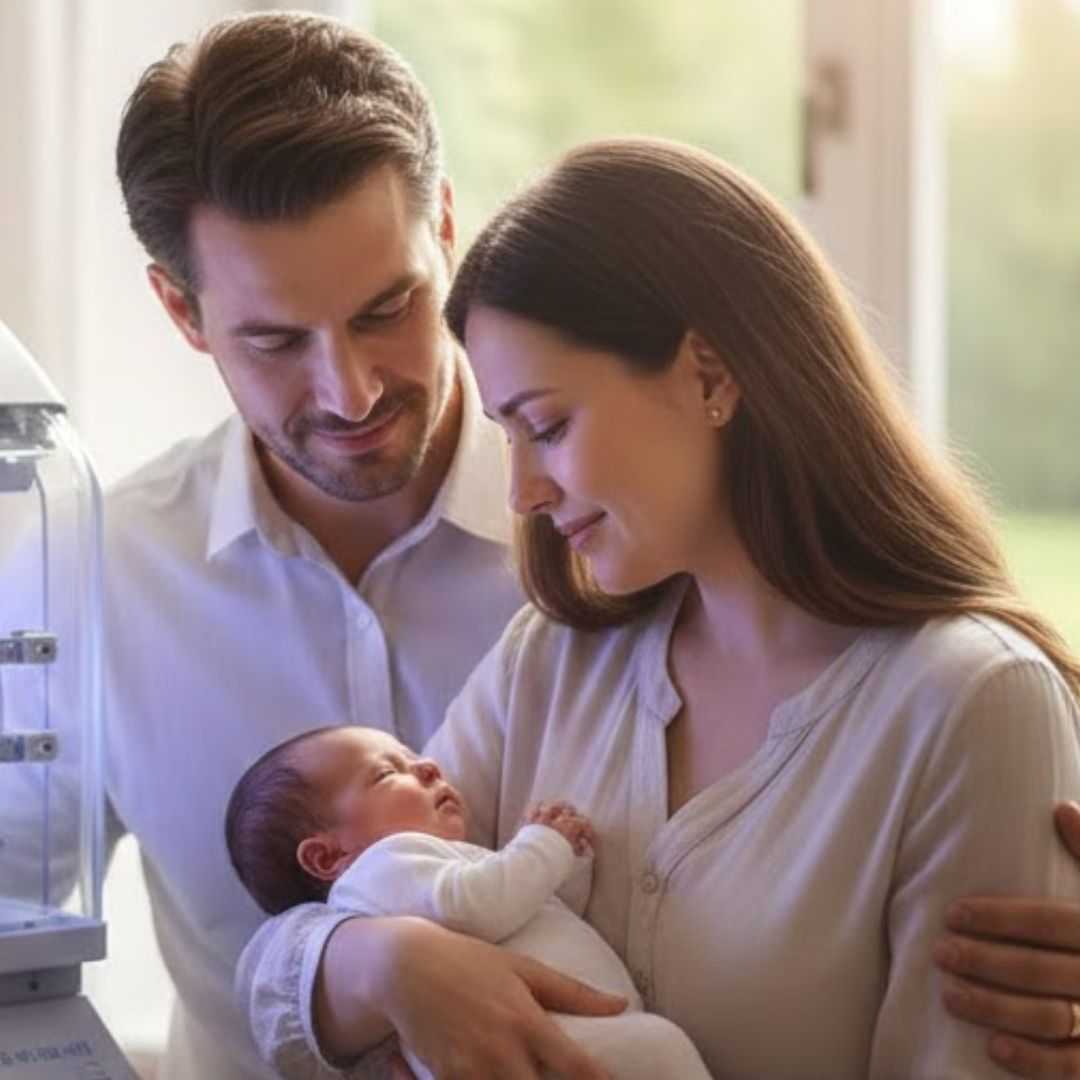
.png)

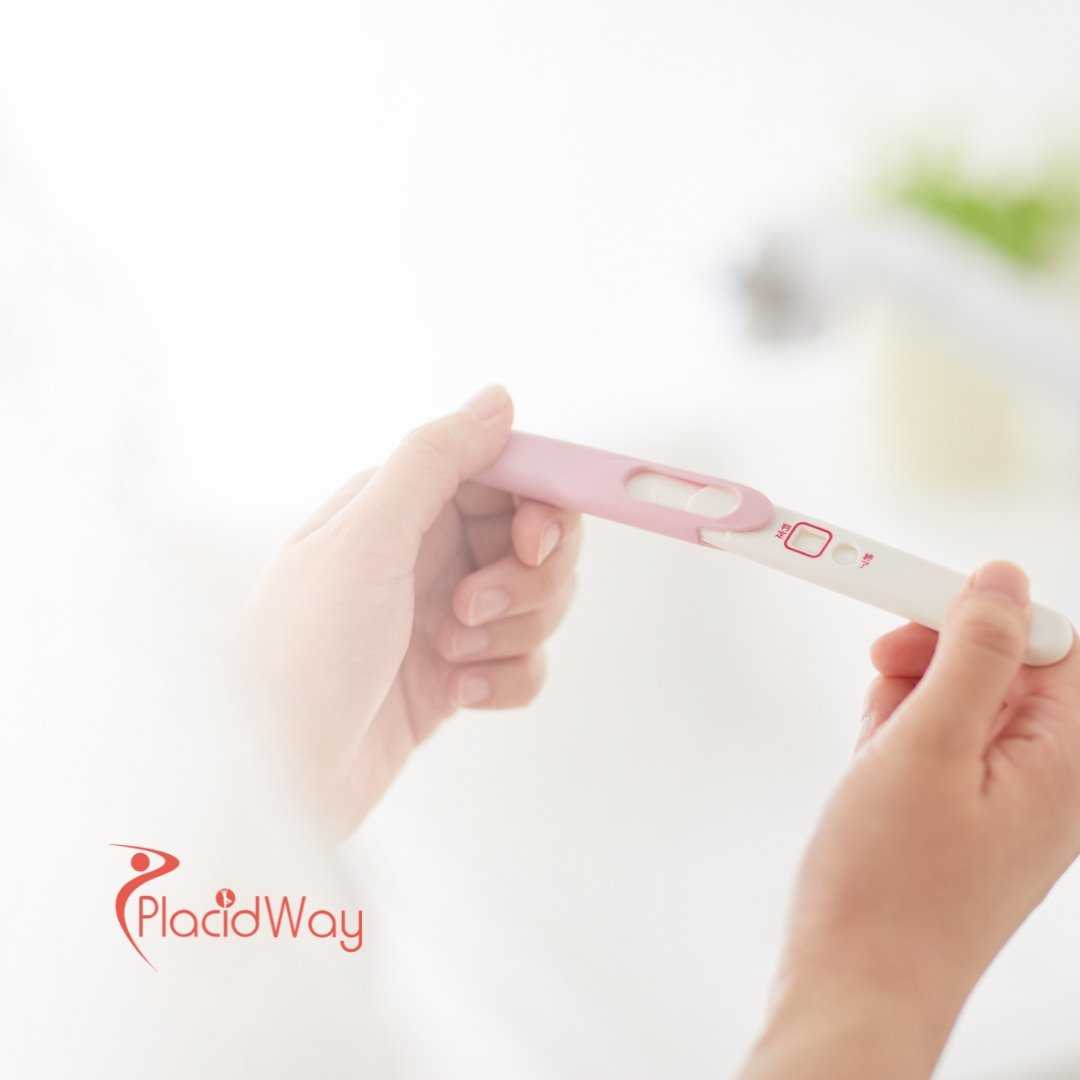
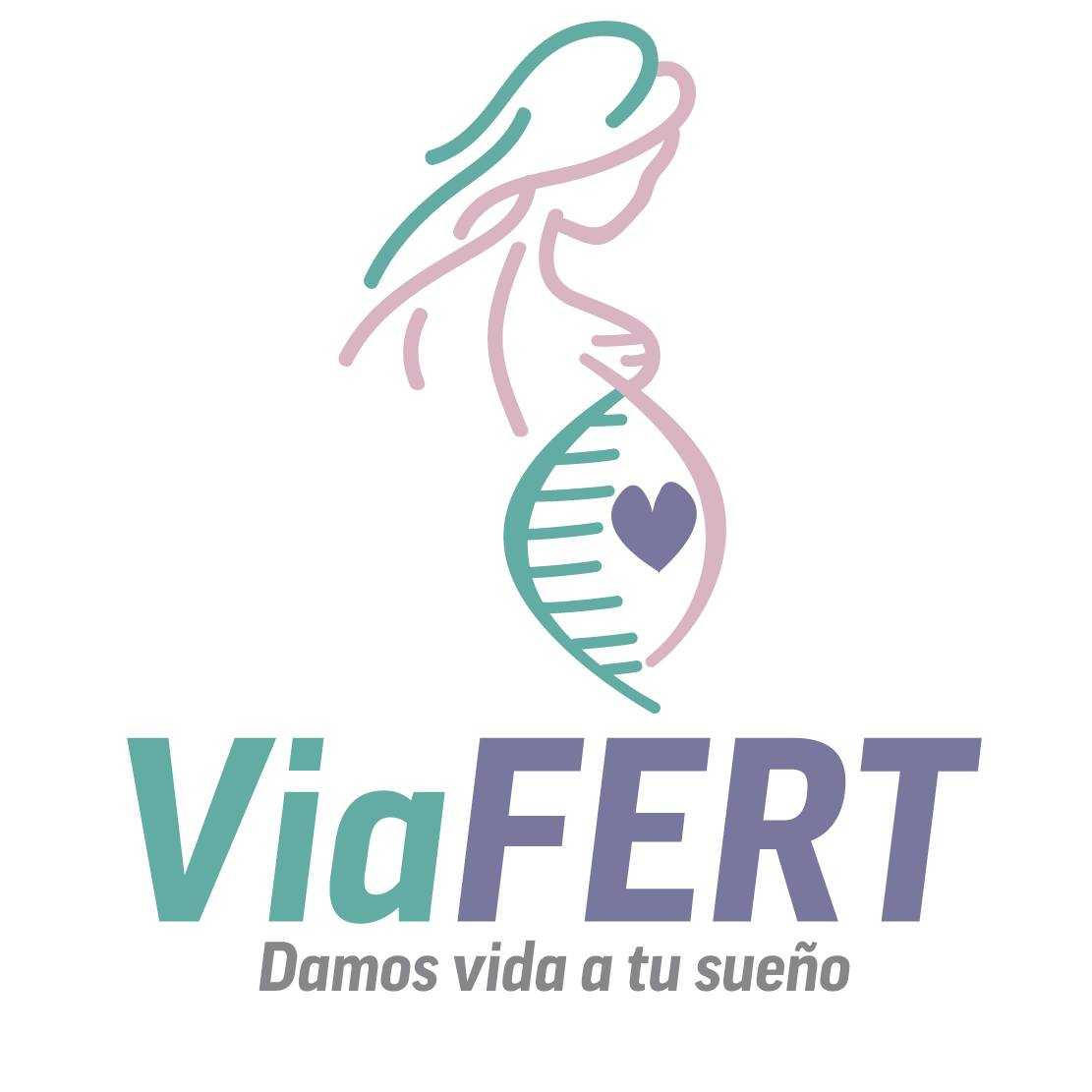
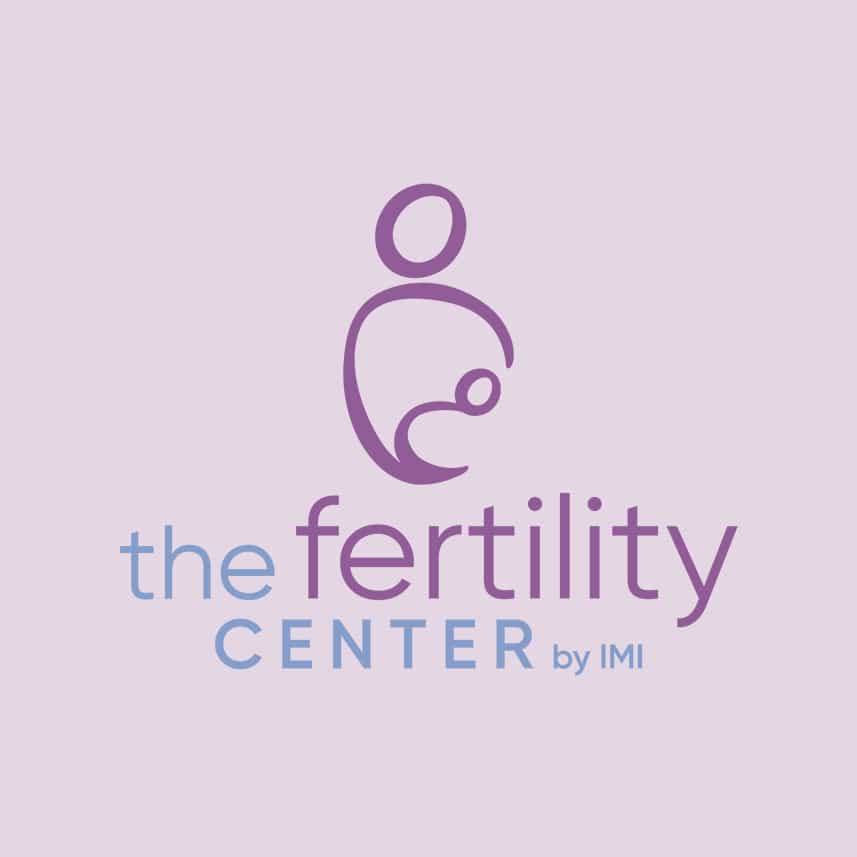
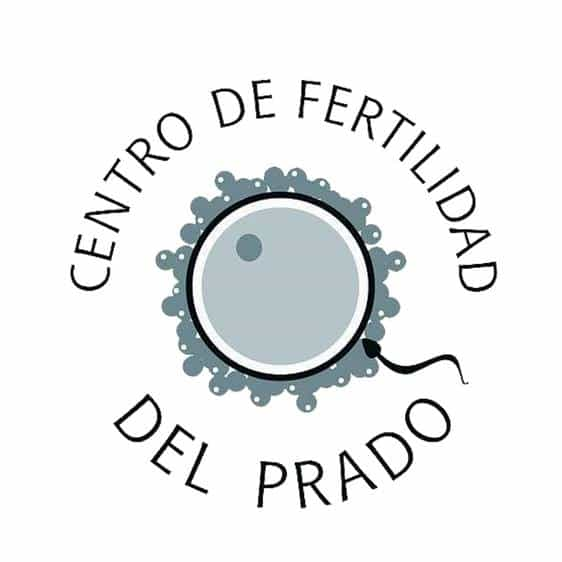
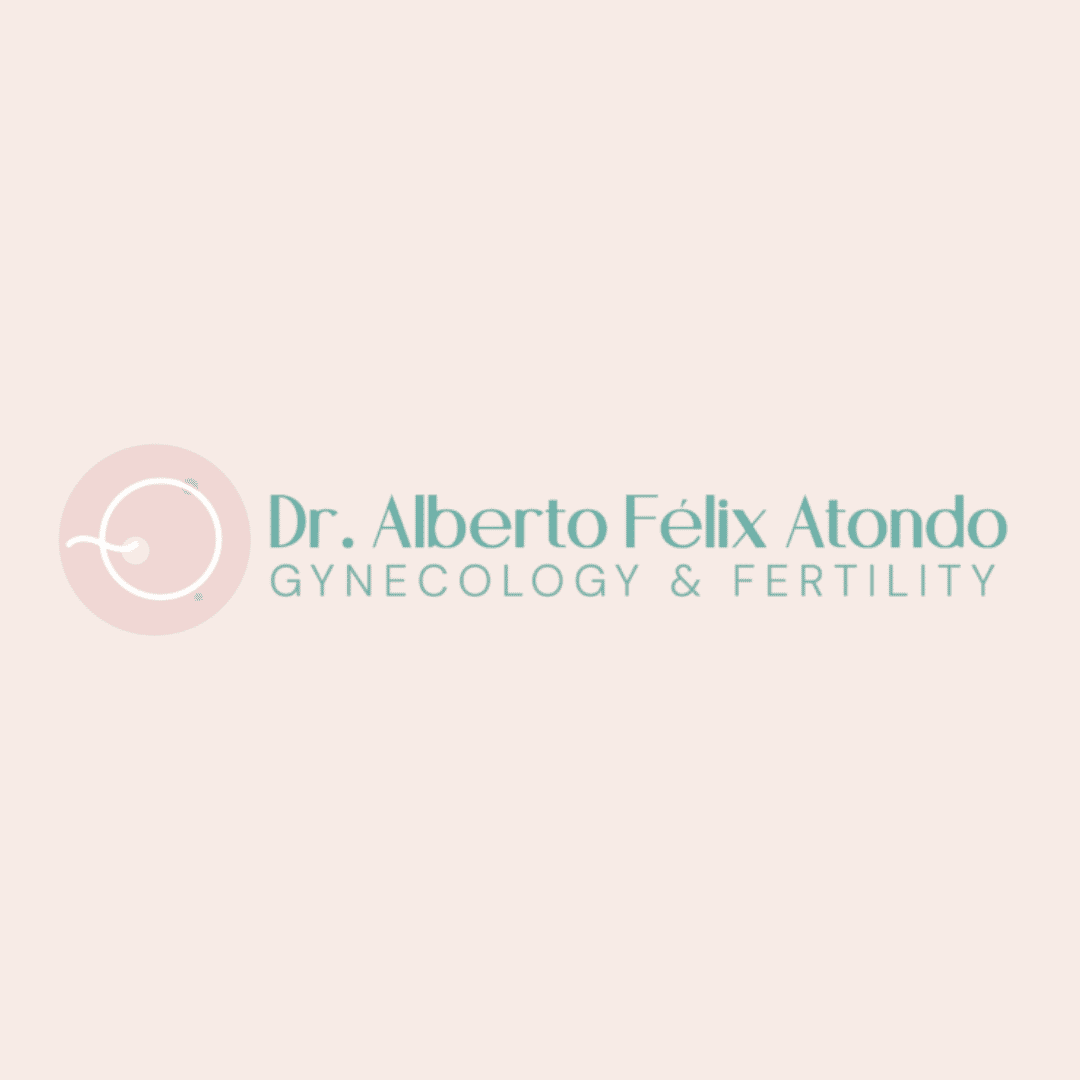
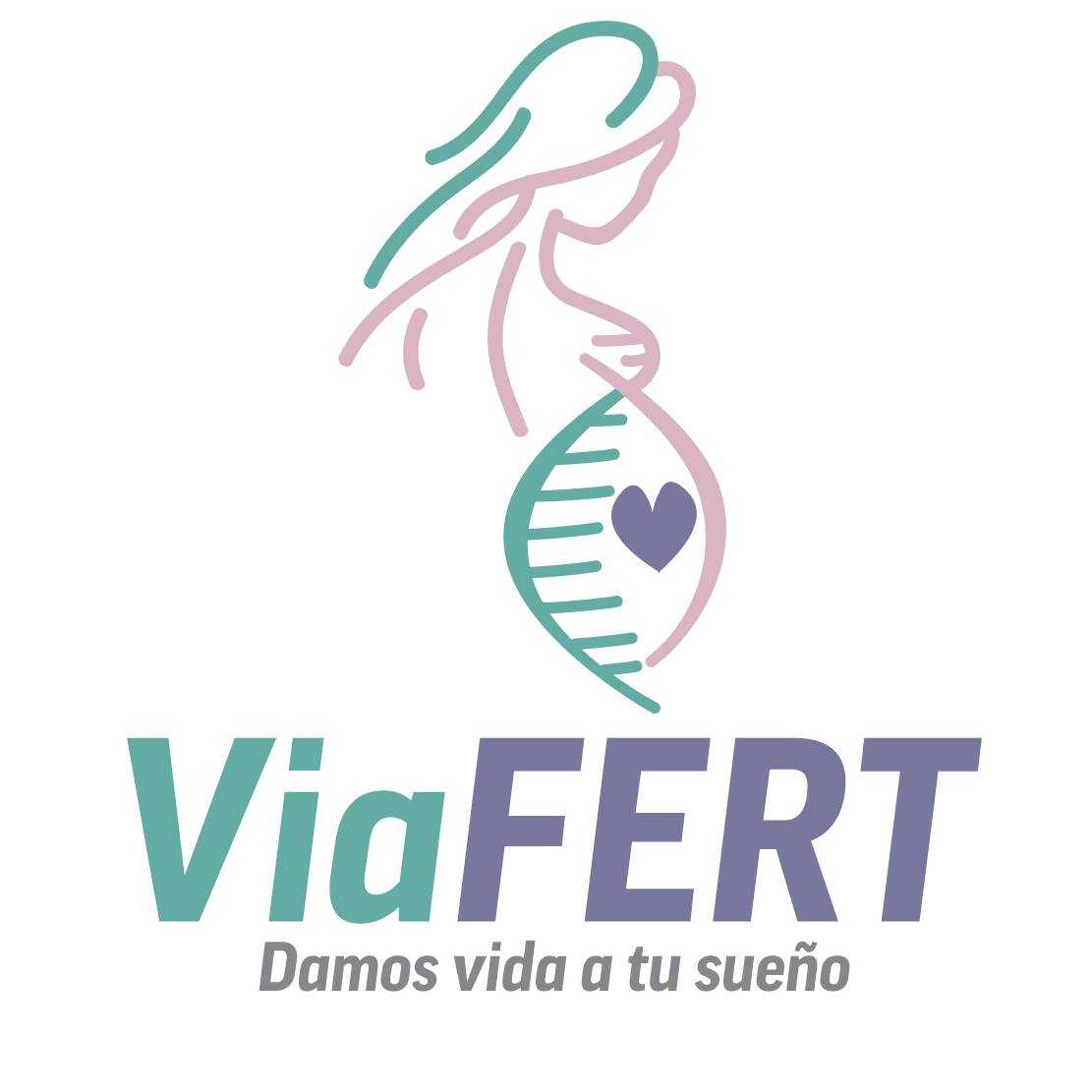

Share this listing